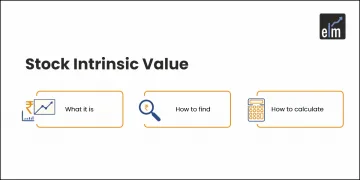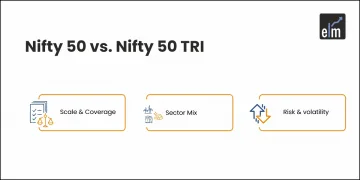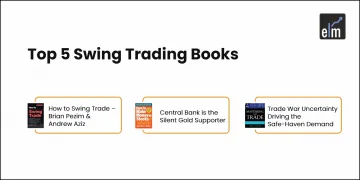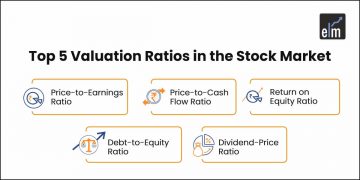Every business is started with a view to make gains and create wealth for self as well as for the shareholders. Thus rising business income is one criterion that every Investor and Entrepreneur looks forward to. Any Business house can only sustain when their Revenue sees growth.
Thus there can be a different kind of Business Model that each business can have but the motto is the same to increase Revenue and have growth in the business.
So different Kind of Revenues or Income can be
- Sales
- Operating Income
- Other Income
- Exceptional Income

Sales:
A Sale is the lifeline of any company. An increase in Sales opens the path to the growth of any company. Thus every Investor invests in those stocks only where they see an annual or a quarterly growth in Sales sustainability.
Sales happen when products get sold. Sales that are done under the credit period are not liked by the Investors. For example, Telecom companies and the Healthcare sector generally have cash sales. Sales under capital goods companies and Cement companies are mostly done in credit. This means that the sales are done first and the money is received later. The credit period differs from sector to sector.
The company and investors both prosper when the credit period is low and the cash flow and liquidity of the company are robust. If the credit period is high then the cash gets stuck and thus hampers the working capital requirement of the company.
Operating Income:
Operating Income is again another kind of Revenue. This is revenue that is generated by selling the by-product of the main product manufactured by any business. For example, the car-making industry can have many scraps like metal, rubbers, bearings, etc which are leftover while making a finished product like a car. Now, these can be sold and recycled by the respective companies for new product manufacture. Thus the companies which sell these scraps while making a finished product generate some Income out of it. Thus this business income is known as Operating Business Income.

Other Income:
Now we also have another component under our Income statement known as other income. This Income is also included under Total Income or Total revenue but this does not constitute business income. Other Income is generally income which is not related to the main business. For example, if a company has any warehouse or office or godown and it receives rent from it as Income then it is included under other business income as its main business can be manufacturing paints.
Other things included under other Income can be an asset that the company has sold or any Interest that the company receives on its Deposits or any investments that the company has made and receives dividend on it etc all comes under Other Income. This other Income can be recurring in nature.
Exceptional Income:
Another Income included under the Income statement is the Exceptional Income or an Exceptional loss. It’s not included under the Total Income or the Total Revenue. This kind of Income or loss is only a one-time affair. These are generally unusual incomes or losses and are generally not repetitive in nature.
It can be costs of discontinued operations, legal settlements, and one-time disposal of assets or one-time restructuring, etc. These are sometimes natural disasters also and are sometimes human decisions. Thus all of this exceptional business income or losses are generally accounted for before the treatment of any Profit or Loss.
Conclusion
Rise in Revenue and Operating income is seen as a positive sign in any company whereas continuous growth in other Income or Exceptional Income is taken with a pinch of salt.
Any restructuring is usually associated with Exceptional Income or Exceptional losses. But it’s usually done for the long-term benefit of the company.
Sales, Operating Income, and other Income affect a company’s Topline whereas Exceptional Income or loss impacts its bottom line.
Check out more articles on StockEdge Blog.






